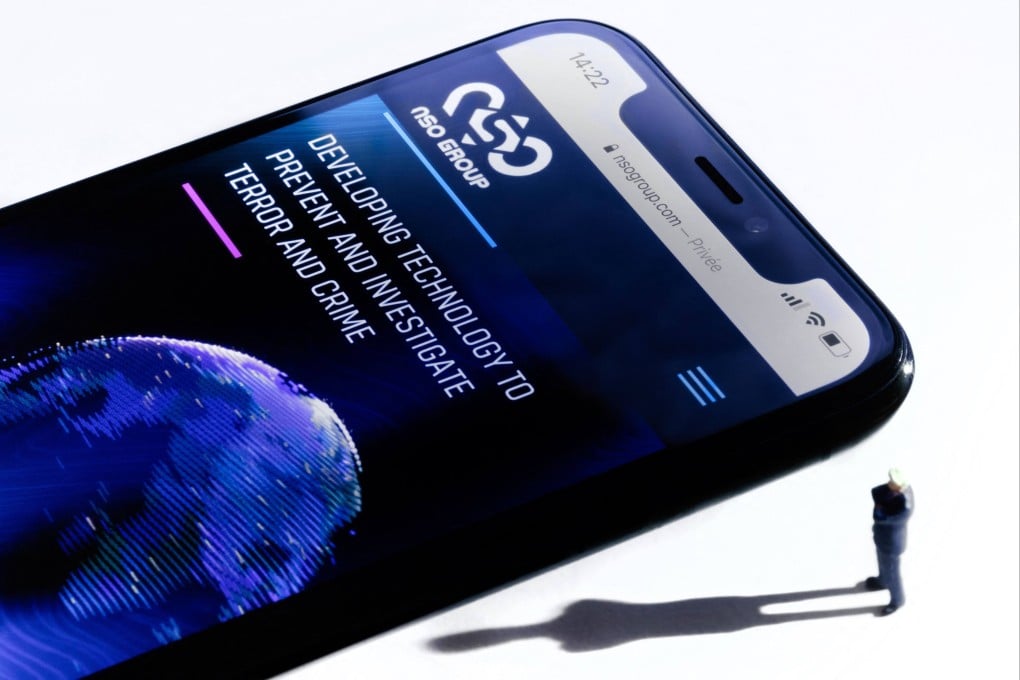Advertisement
Asian Angle | From the Middle East to China, Pegasus spyware revelations show the spread of hacking as a service
- Canada, the US and Switzerland are among the so-called ‘liberal democracies’ where use of the Israeli spy software has been detected
- The line that separates cyber defence from cyber mercenaries is easily blurred, and China presents a challenge for regulating private espionage
Reading Time:4 minutes
Why you can trust SCMP
10

More than two decades ago, the Middle East ushered in the era of private military companies (PMCs) and the return of mercenaries. Since the United States – during the invasion of Iraq – opened the proverbial Pandora’s Box of privatising what was once a state monopoly on violence, there has been abundant coverage of the activities of armed contractors and mercenaries from Libya to Ukraine.
In the past decade, private military contractors and mercenary outfits have proliferated, from conflicts in the Middle East to those in its neighbouring regions. The Russian Wagner group in Africa, Syrian mercenaries in the Nagorno-Karabakh war, and the Colombian kill team that recently assassinated Haiti’s president are cases in point.
Now, the Middle East is once again a Petri dish for a different virus: the privatisation of cyber intelligence services. While Russia, North Korea and China have always been accused by the West of being leaders in state-sponsored hacking – both in launching disruptive cyberattacks as well as for having links with cyber criminals bent on lucrative ransomware heists – the spotlight in the cybersecurity realm is now being trained on private Israeli companies.
Advertisement
In the murky world of espionage, intelligence for hire is not new, but recent trends in the commodification of military-grade spyware have raised awareness of private cybersecurity companies that offer spy-for-hire services. Spyware is a kind of malware that allows hackers to control a system remotely, enabling them to monitor their targets’ computers and mobile devices. Increasing demand, lack of regulation, and a low barrier to entry have all helped to make cyber espionage a fast-growing industry.

The Abraham Accords exposed what was previously an open secret: Israeli security cooperation with some Gulf states. The exposé by media outlets of Pegasus, the Israeli firm NSO Group’s spyware, revealed that such antics are not limited to repressive regimes – Canada, the US and Switzerland are among the so-called “liberal democracies” where use of Pegasus has been detected.
Advertisement
While Israel is a world leader in the field, it does not have a monopoly on the spyware market. The Italian firm Hacking Team was engulfed in scandal after the revelation that its Galileo software had possibly been sold to Egypt. This came to light after Giulio Regeni, a young Italian researcher from Cambridge University, was found dead in 2016. He had been tortured so badly that his body was disfigured.
Advertisement
Select Voice
Select Speed
1.00x
